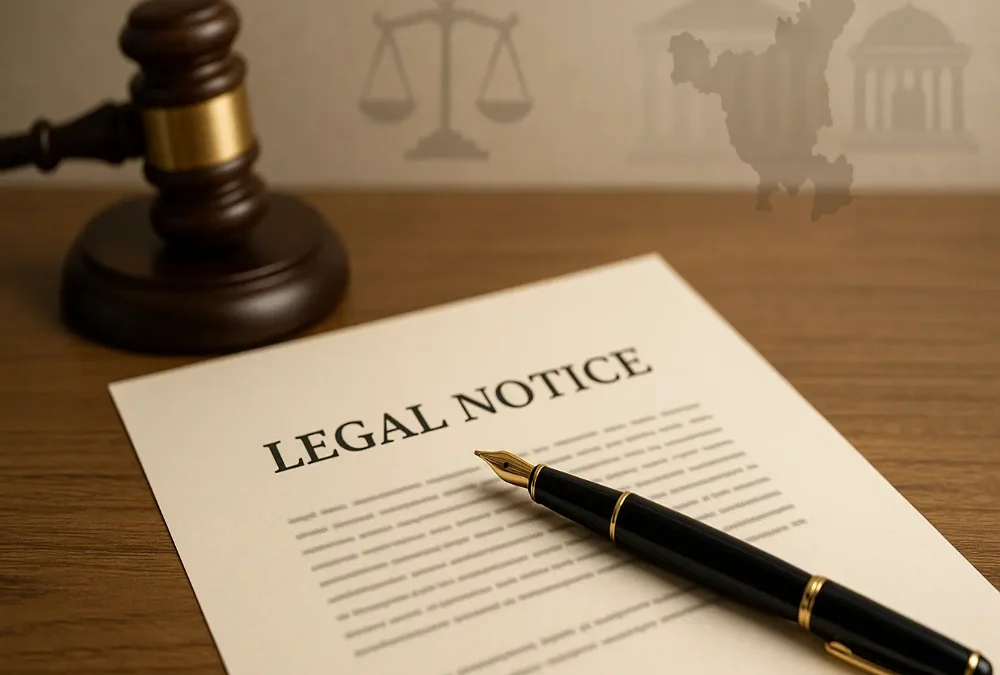Encroachments on industrial land parcels are increasingly triggering legal notices from authorities and causing significant drops in official guidance values across affected zones. Unauthorized occupation, illegal constructions, and boundary disputes are making once-prime industrial plots riskier for investors and developers. As a result, land parcels with pending encroachment issues are being downgraded in valuation exercises to reflect the uncertainty and diminished usability. Governments are stepping up enforcement actions, issuing eviction notices, initiating legal proceedings, and mandating clear title certifications before allowing land sales or leasing. Experts warn that unresolved encroachments severely impact industrial land liquidity, project timelines, and financing viability. Protecting industrial corridors from encroachment has now become a priority for sustaining investment attractiveness and economic growth momentum.
Encroachments often arise from legacy land disputes, informal settlements, or lack of continuous monitoring, particularly in large, undeveloped industrial estates. These encroachments complicate land titling, restrict access to infrastructure, and deter large-scale industrial project planning. Authorities are deploying a combination of GIS-based land monitoring, physical inspections, and drone surveillance to identify and document encroached parcels. Guidance values are being selectively lowered in zones where encroachment risks are high, impacting overall market sentiment and investor interest. Developers and industry associations are advocating for faster dispute resolution mechanisms, stricter enforcement, and public transparency of encroachment-free land listings. Experts emphasize that regularized, protected industrial lands will be crucial for attracting global manufacturers and building future-ready industrial ecosystems.
Looking ahead, policymakers are considering new frameworks where only encroachment-free industrial plots will qualify for infrastructure funding support, fast-track approvals, and valuation uplifts. Some states are even proposing “zero-encroachment certification” as a mandatory prerequisite for land auctions and industrial park registrations. Analysts predict that regions aggressively tackling encroachments will enjoy faster project clearances, higher valuation stability, and stronger private sector confidence. Clear demarcation, legal fencing, regular surveillance, and community engagement will be key strategies for maintaining encroachment-free industrial zones. Addressing encroachments is no longer just a land management issue—it is a strategic economic necessity for realizing India’s industrialization and export growth ambitions. Sustained, systematic action against encroachments will be vital to unlocking the true potential of industrial land markets.

